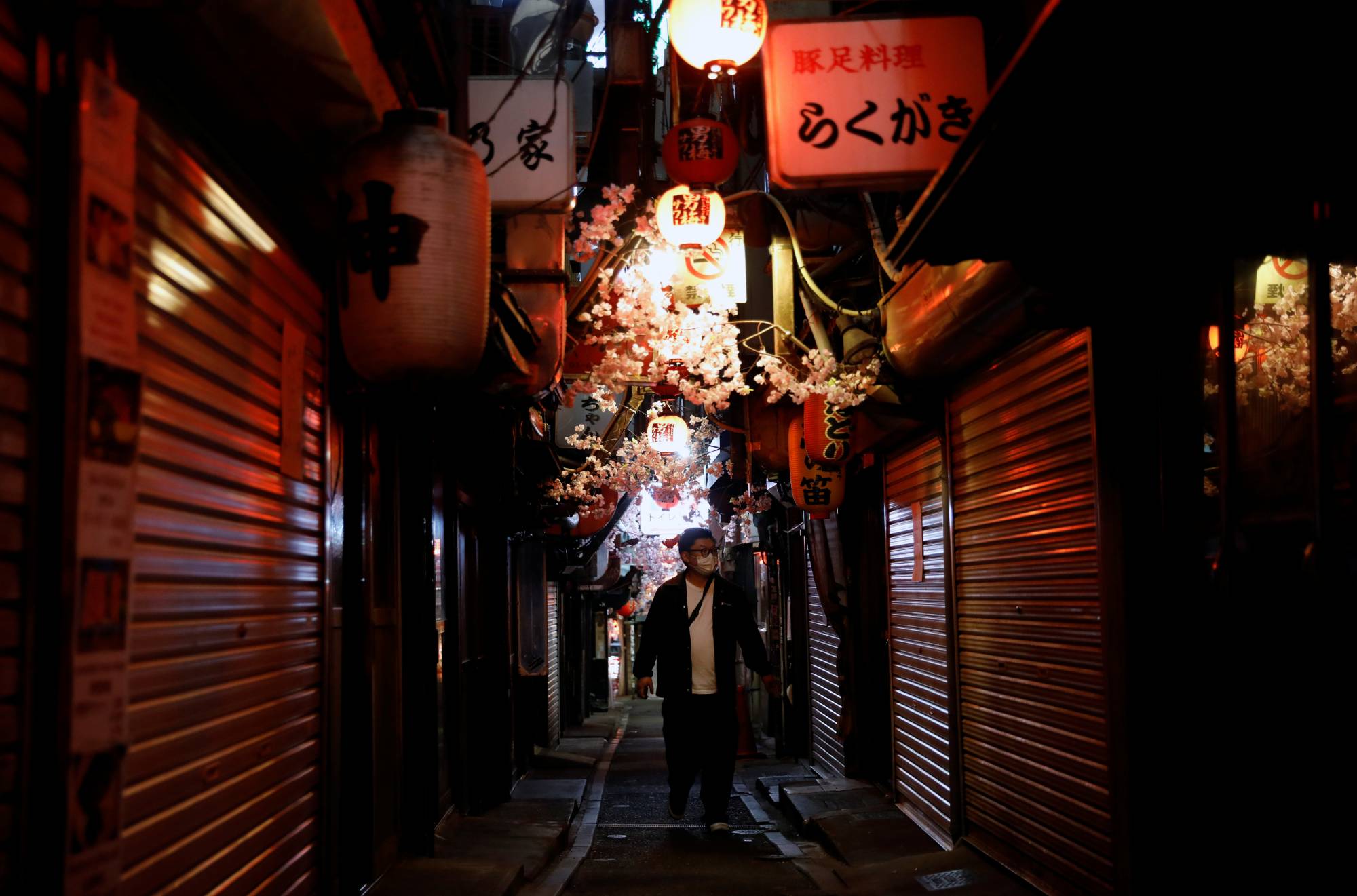When the state of emergency was extended at the beginning of May, a panel of experts advising the government called on the need for people to switch to "new lifestyles" to adapt to the extended fight against COVID-19, so that gradual resumption of economic activities in areas with fewer new infections would not result in another surge of cases.
I don't intend to go into the details of what the experts spelled out, but I imagine that few people believe all aspects of civic life will return to the way they were in the post-coronavirus world and its "new normal." Whether people like it or not, new lifestyles will no doubt emerge. What kind of a world will it be? Here are some broad views of the relevant issues.
Along with the transport and tourism sectors, which are premised on the movement of people, what has sustained the biggest commercial damage from the pandemic is Japan's nighttime entertainment industry. By their very nature, these three sectors embody the types of "close contact" that should be averted in combating the coronavirus. Nighttime dining and drinking establishments are the stages for both entertaining business guests as well as communicating with business colleagues over drinks. In fact, many infection clusters are reported to have emerged in such "night districts."

















With your current subscription plan you can comment on stories. However, before writing your first comment, please create a display name in the Profile section of your subscriber account page.